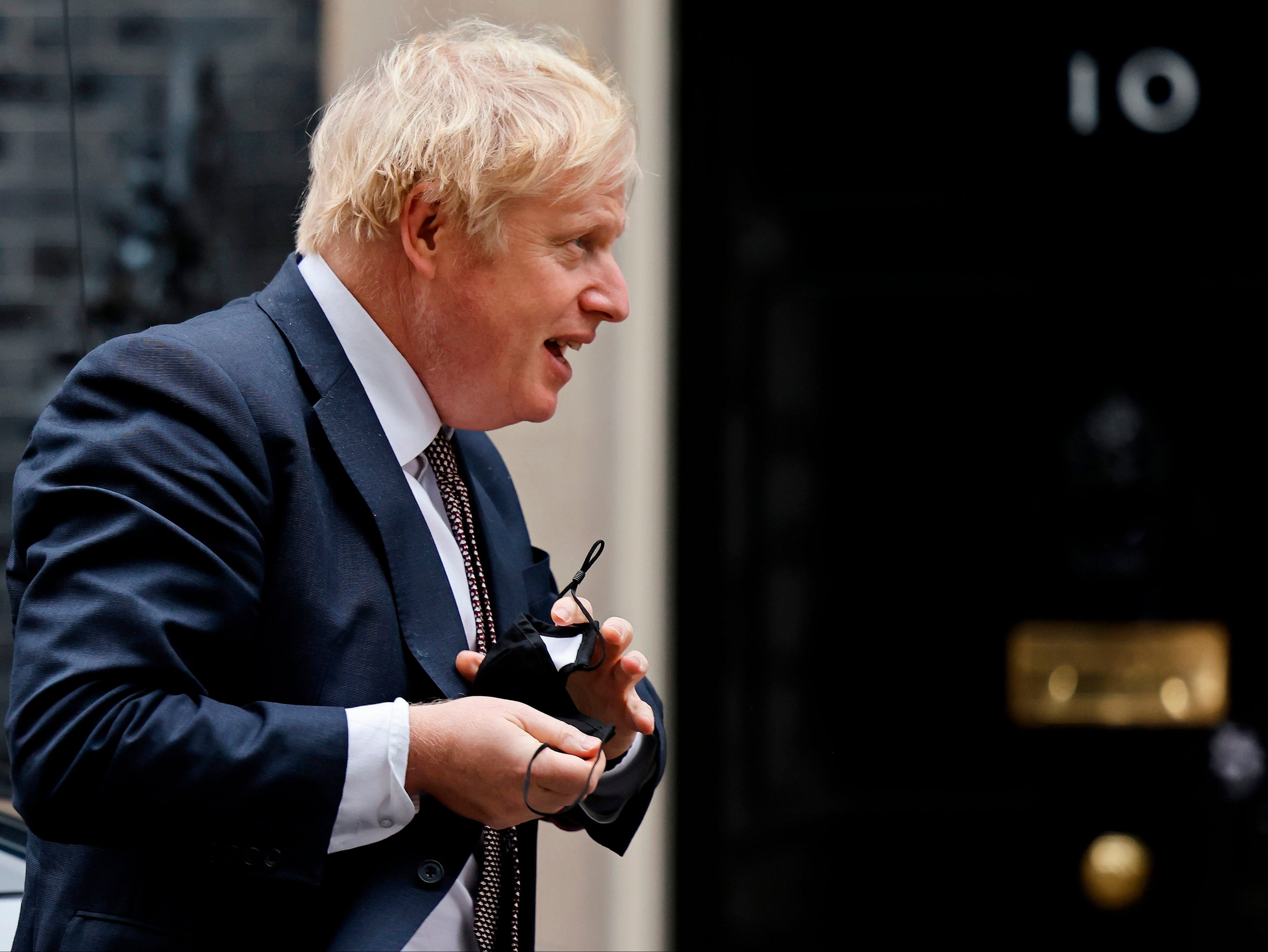It would be a terrible failure of statecraft for Britain and the EU not to reach an agreement
Despite last night’s joint statement saying that ‘significant differences remain’ between the two sides, a deal should be possible

The negotiations on the EU-UK trade deal are entering the final phase, with the outcome still uncertain. This was always how both sides expected it to be, so it is hard for outsiders to read the chances of a deal. It is probably hard for the negotiators to know too. They know what everyone knows, and has always known: that the final shape of the deal will be decided – or will fail to be decided – at the very last moment, by the political leaders on both sides.
Last night’s joint statement from Boris Johnson and Ursula von der Leyen, the president of the European Commission, took us no further forward except to confirm that the talks have not broken down, that the negotiators will continue to talk today in Brussels, and that Mr Johnson and Ms von der Leyen will speak again on Monday.
On the British side, there is a single decisionmaker, namely Mr Johnson, whereas the leadership of the EU side is a collective entity, convened by Ms von der Leyen, but in which Angela Merkel and Emmanuel Macron are probably the most important individuals, although others, such as Micheal Martin and Pedro Sanchez, the prime ministers of Ireland and Spain, also have important voices.
This asymmetry does not significantly affect the balance of power in these talks, in which the advantage lies, as it always has, with the EU side. It may be that the need for EU leaders to consult each other gives them additional bargaining leverage, but they should not rely on it too heavily because, although they do have the upper hand, an agreement is very much in their interest too.
This is particularly true in the case of Ireland. Much of the EU’s hard bargaining to date has been in the name of protecting Ireland’s interest in an open border with Northern Ireland. It would be foolish for the EU to throw that away at the last moment – if there is no agreement, it would complicate the border question and Ireland would suffer the economic consequences almost as badly as the UK.
That said, it is obvious, as it has always been obvious, that the UK will have to pay a price for access to the EU single market on favourable terms, and that Mr Johnson is going to have to make concessions in order to secure a deal. Especially as everyone can see that it is so much in his interest to do so.
It may be that the only real question for the last push to secure an agreement is to find forms of words that allow Mr Johnson to make his concessions while proclaiming loudly – and just convincingly enough – to a domestic audience that he has secured a famous victory.
Last night’s statement confirmed that the sticking points are what they have been for many long months now: the “level playing field”, which is Euro-speak for rules against unfair competition, particularly subsidies and hidden subsidies; “governance”, which is Euro-speak for mechanisms that enforce such rules; and fisheries, which is plain English.
With so little of importance separating the two sides, they both ought to have some idea of where they will end up. No British government would ever want to subsidise its exports to the EU or anywhere else, so state aid rules should not be an obstacle to a deal; and if the two sides cannot reach a sensible compromise on fish, neither should be allowed to run a whelk stall.
It would be a failure of statecraft on both sides, although Mr Johnson would bear the greater share of the blame, for no agreement to be reached.



Join our commenting forum
Join thought-provoking conversations, follow other Independent readers and see their replies
Comments